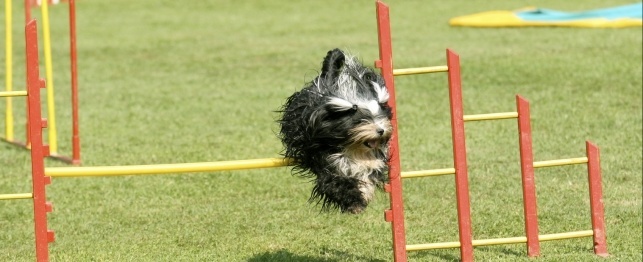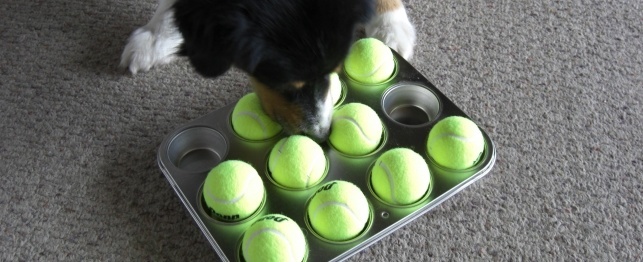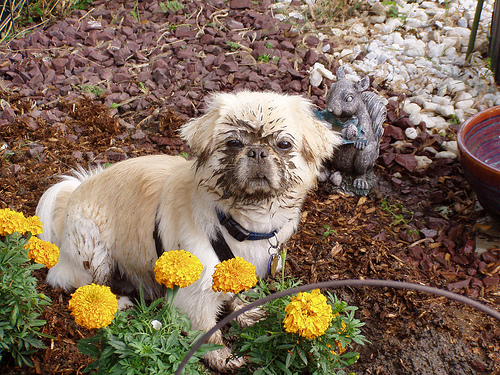If you have a dog that cries, whines, pants, defecates or urinates in the house, tears up household items, and exhibits other strange behaviors when you leave home, you may have a dog that suffers from dog separation anxiety. Dog separation anxiety is a medical condition that affects 15% of all dogs. When dogs suffer from dog separation anxiety, they feel incredible fear and frustration and exhibit erratic behavior whenever their owners leave them alone.
According to canine researchers, dogs with separation anxiety feel anxious because they mistakenly believe they are being permanently abandoned by their human pack member when left alone. Dog separation anxiety is not breed specific and affects young and old dogs. In fact, this type of anxiety can develop suddenly or after a traumatic event, such as an owner going back to work full time after working from home for years, etc. Regardless of the cause of this condition, once dog separation anxiety is prevalent, one must work hard to get this condition under control Here are several tips that you can implement to help your dog overcome this condition:
1. Take your dog to a qualified veterinarian who can make behavioral modification suggestions and may even suggest holistic or medical treatment options to help you treat your dog with separation anxiety.
2. Understand that your dog does not "act out" because want to upset you. He is merely acting out because he wants to be with you. He is simply anxious and frustrated and shouldn't be punished for his actions.
3. Get your dog used to you leaving by telling him to sit and stay. You can then practice leaving the room and coming back after a short while. This will teach him that when you leave you eventually return. Each time he obeys your command, you should reward him with praise, a special toy or treat. If he won't stay put, shorten the distance until he is successful and then give him praise, a special toy, or treat. You can then increase the distance each time until he is more confident.
4. Try different daily routines to prepare him for your imminent departure. For instance, if you always leave home early in the morning without giving him a walk and stay away for 9 hours, you can wake up earlier and give him a walk before you leave home. You can then show up in the afternoon and give him another walk or hire a dog walker to do so.
5. Reward your dog with great distraction toys. When you know that you're going to be gone for a set period of time, you should walk your dog for a bit and then give him a toy that will cause him to work something. A great toy would be a dog toy with food stuffed inside.
6. If all else fails, hire a dog training specialist to assist you with retraining your dog and building his confidence. If you go this route, choose someone that is specially trained in handling dogs with dog separation anxiety.
In conclusion, dealing with a dog that has dog separation anxiety isn't easy but it can be dealt with. By being sensitive to your dog's needs, working hard to modify his behavior you can change his behavior for the best.

 Agility: an Exciting Dog Sport
Agility: an Exciting Dog Sport
Agility: an Exciting Dog Sport
Agility: an Exciting Dog Sport
 The Fabulous Muffin Tin Game for Dogs
The Fabulous Muffin Tin Game for Dogs
The Fabulous Muffin Tin Game for Dogs
The Fabulous Muffin Tin Game for Dogs
 NILIF Behavioral Shaping For Dogs
Why You Should Consider NILIF
Do you have a stubborn, pushy
NILIF Behavioral Shaping For Dogs
Why You Should Consider NILIF
Do you have a stubborn, pushy
 Dog Dudes: Surfing Dogs
Dog Dudes: Surfing Dogs
Dog Dudes: Surfing Dogs
Dog Dudes: Surfing Dogs
 How To Deal With Dogs That Dig
How To Deal With Dogs That Dig
Digging can be a fr
How To Deal With Dogs That Dig
How To Deal With Dogs That Dig
Digging can be a fr